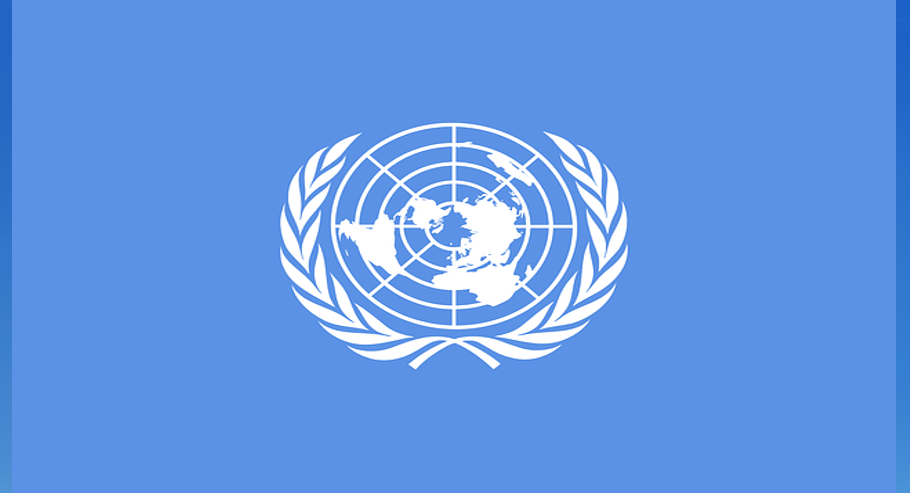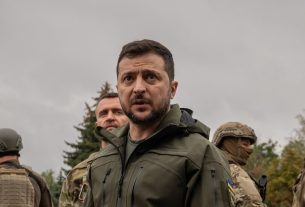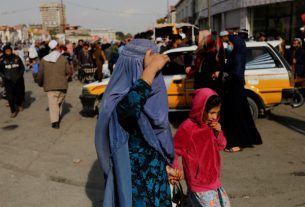Redrafted from original reporting by JURIST Staff – excerpts attributed to Divyabharthi Baradhan (via jurist.org)
UN Secretary-General António Guterres has called on both Israel and Iran to exercise “maximum restraint” in the wake of Israel’s recent strikes on Iranian nuclear facilities, warning that further escalation could plunge the region into a broader and potentially uncontrollable conflict.
The appeal follows a series of Israeli attacks reportedly targeting Iran’s key nuclear sites, including Natanz, Esfahan, and Fordow, actions that have drawn international concern and raised fears of a regional conflagration.
In a statement issued by his office on Friday, Guterres condemned the Israeli strikes and expressed grave concern over the rising tensions. “A descent into deeper conflict would be a situation the region can hardly afford,” the statement read, underscoring the risk of destabilizing not just the Middle East, but global security as well.
IAEA Chief Warns Against Attacks on Nuclear Sites
Rafael Grossi, Director General of the International Atomic Energy Agency (IAEA), also issued a strongly worded response, emphasizing that attacks on nuclear facilities—regardless of circumstances—pose significant threats to human life, the environment, and international peace.
“Nuclear facilities must never be targeted,” Grossi stated, reaffirming that any military action against sites devoted to peaceful nuclear purposes constitutes a violation of both the UN Charter and the IAEA Statute. He cited past resolutions—GC(XXIX)/RES/444 and GC(XXXIV)/RES/533—as clear precedents condemning such acts.
Grossi confirmed that the Natanz nuclear enrichment site had been struck, while Esfahan and Fordow were likely targets as well. He warned that such attacks could jeopardize not only the physical integrity of nuclear sites but also undermine longstanding global non-proliferation norms.
Iran Reacts: Withdraws from Nuclear Talks
In response to the Israeli strikes, Iran has withdrawn from the upcoming round of nuclear negotiations scheduled to take place in Oman, dealing a blow to already fragile diplomatic efforts. Iran, a signatory to the Treaty on the Non-Proliferation of Nuclear Weapons (NPT) since 1970, had agreed to a Safeguards Agreement with the IAEA in 1974. However, since the 2002 disclosure of previously undeclared nuclear activities, the country has faced persistent allegations of non-compliance with its international obligations.
The latest blow to negotiations comes amid a resolution passed by the IAEA Board of Governors earlier this week, which found Iran in violation of its NPT commitments due to secret activities involving undeclared nuclear material at three locations. The board urged Tehran to take immediate corrective action and engage in transparent dialogue, particularly with the United States, to address global concerns over its nuclear ambitions.
Israel Defends Strikes as Preemptive Measure
Shortly after the strikes, the Israel Defense Forces (IDF) released an official statement characterizing the operation as a “preemptive strike,” asserting that Iran’s nuclear program had “reached the point of no return.” Israeli officials claim the military action was necessary to prevent Iran from acquiring a nuclear weapons capability.
The move has drawn mixed international reactions, with some governments supporting Israel’s right to self-defense, while others warn that the attacks risk inflaming an already volatile region and undermining diplomatic avenues for resolving the nuclear dispute.
Call for De-Escalation
The UN chief’s urgent call for restraint reflects growing anxiety within the international community that a spiral of retaliation could erupt into full-scale war. Guterres emphasized the importance of diplomacy, urging all parties to avoid unilateral actions and recommit to negotiations under international law.
As tensions between Israel and Iran escalate, the global spotlight returns to the broader challenge of nuclear non-proliferation and the fragile balance of peace in the Middle East—now hanging in the balance.



